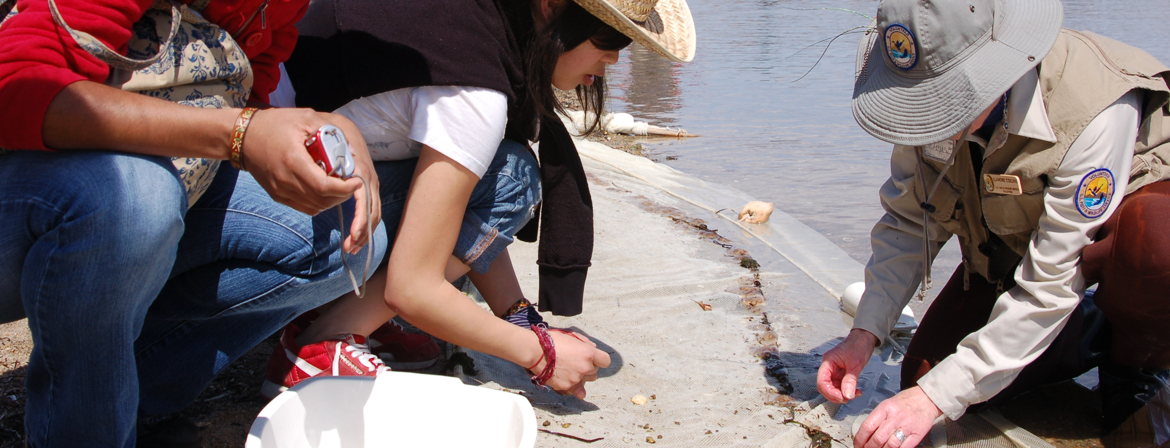Not All Transfers Are Created Equal: Towards a Framework Relating Transfer Connectivity to Travel Behaviour
Iseki, H., Taylor, B.D. (2009). Not all transfers are created equal: Towards a framework relating transfer connectivity to travel behaviour. Transport Reviews, 29(6), 777-800.
Making Cycling Irresistible: Lessons from the Netherlands, Denmark and Germany
Pucher, J., Buehler, R. (2008). Making cycling irresistible: Lessons from the Netherlands, Denmark and Germany. Transport Reviews, 28(4), 495-528.
Factors Influencing the Decision to Drive or Walk Short Distances to Public Transport Facilities
Walton, D. & Sunseri, S. (2010). Factors Influencing the Decision to Drive or Walk Short Distances to Public Transport Facilities. International Journal of Sustainable Transportation, 4(4), 212-226.
Declining Sustainability: The Case of Shopping Trip Energy Consumption
Kitamura, R., Sakamoto, K. & Waygood, O. (2008). Declining Sustainability: The Case of Shopping Trip Energy Consumption. International Journal of Sustainable Transportation, 2(3), 158-176.
The Effect of Transportation Policies on Energy Consumption and Greenhouse gas Emission from Urban Passenger Transportation
Poudenx, P. (2008). The effect of transportation policies on energy consumption and greenhouse gas emission from urban passenger transportation. Transportation Research Part A: Policy and Practice, 42(6), 901-909.
Walking and Cycling to School: Predictors of Increases Among Children and Adolescents
Hume, C., Timperio, A., Salmon, J., Carver, A., Giles-Corti, B., & Crawford, D. (2009). Walking and Cycling to School: Predictors of Increases Among Children and Adolescents. American Journal of Preventive Medicine, 36(3), 195-200.
The Propensity for Motorists to Walk for Short trips: Evidence from West Edinburgh
Ryley, T. J. (2008). The propensity for motorists to walk for short trips: Evidence from West Edinburgh. Transportation Research Part A: Policy and Practice, 42(4), 620-628.
Commingled Versus Separated Curbside Recycling and Long-Term Participation
Oskamp, S., Zelezny, L., Schultz, P. W., Hurin, S., Burkhardt, R. & O'Neil, E. (1994). Commingled versus separated curbside recycling and long-term participation. American Psychological Association.
Changing Homeowners' Use of Toxic Household Products: A Transactional Approach
Werner, C. (2003). Changing homeowners' use of toxic household products: A transactional approach. Journal of Environmental Psychology, 23(1), 33-45
Altruistic, Egoistic, and Normative Effects on Curbside Recycling
Ewing, G. (2001). Altruistic, egoistic, and normative effects on curbside recycling. Environment and Behavior, 33(6), 733-764. doi:10.1177/00139160121973223.



